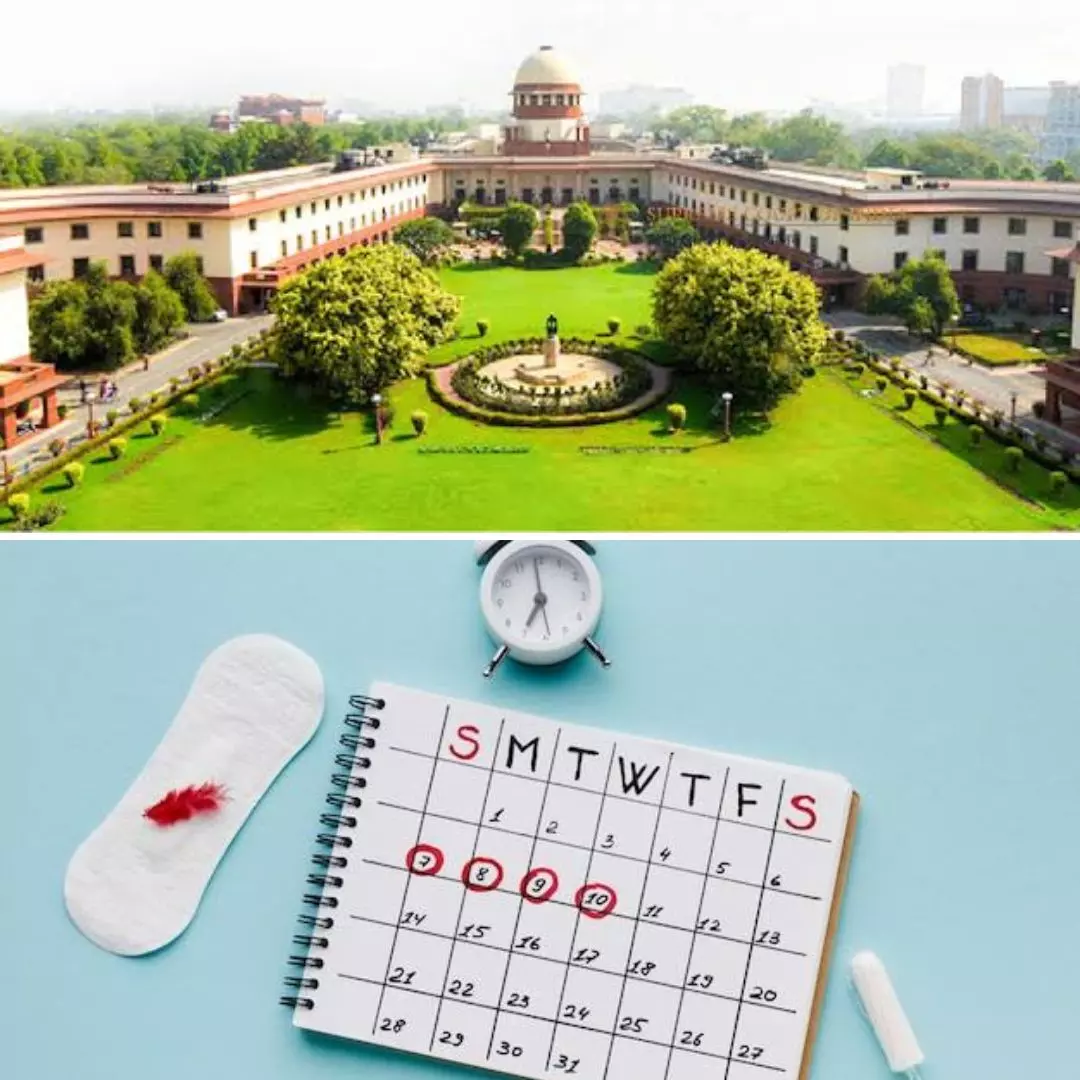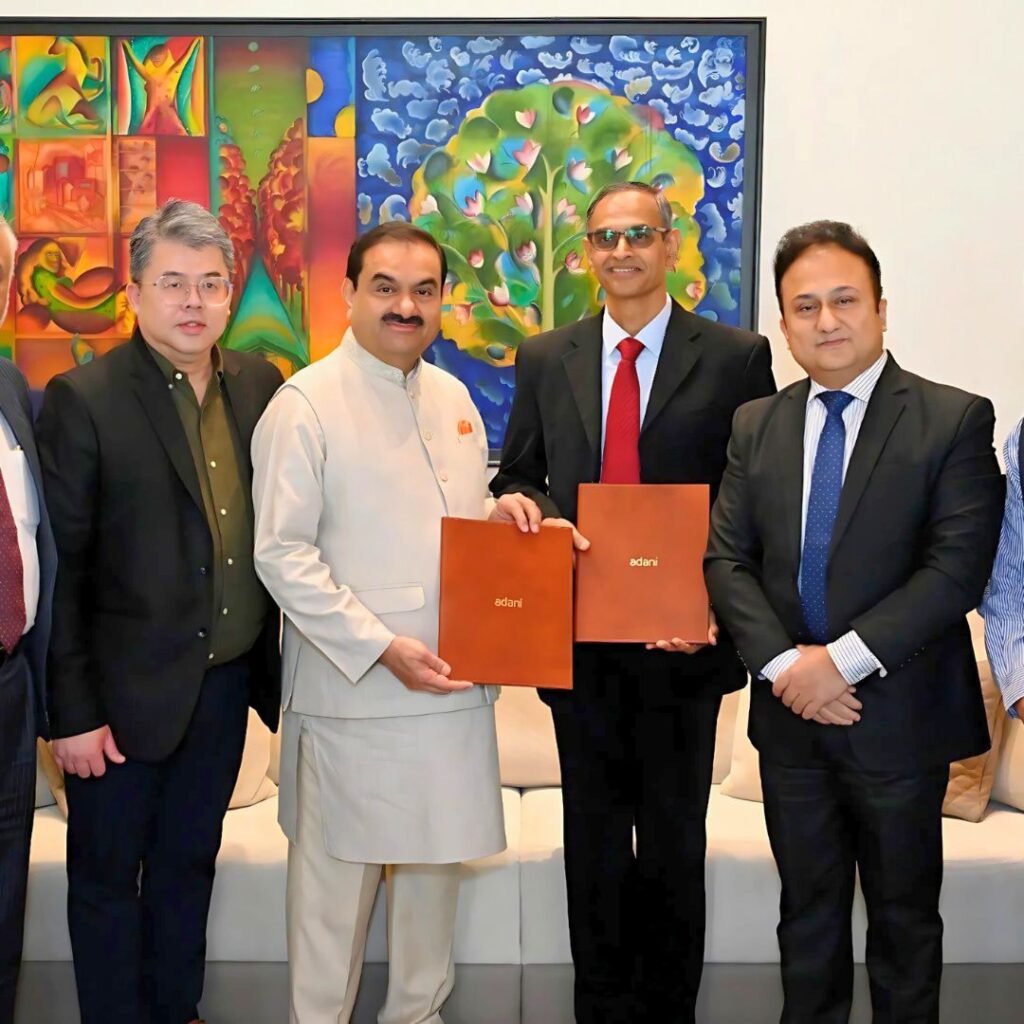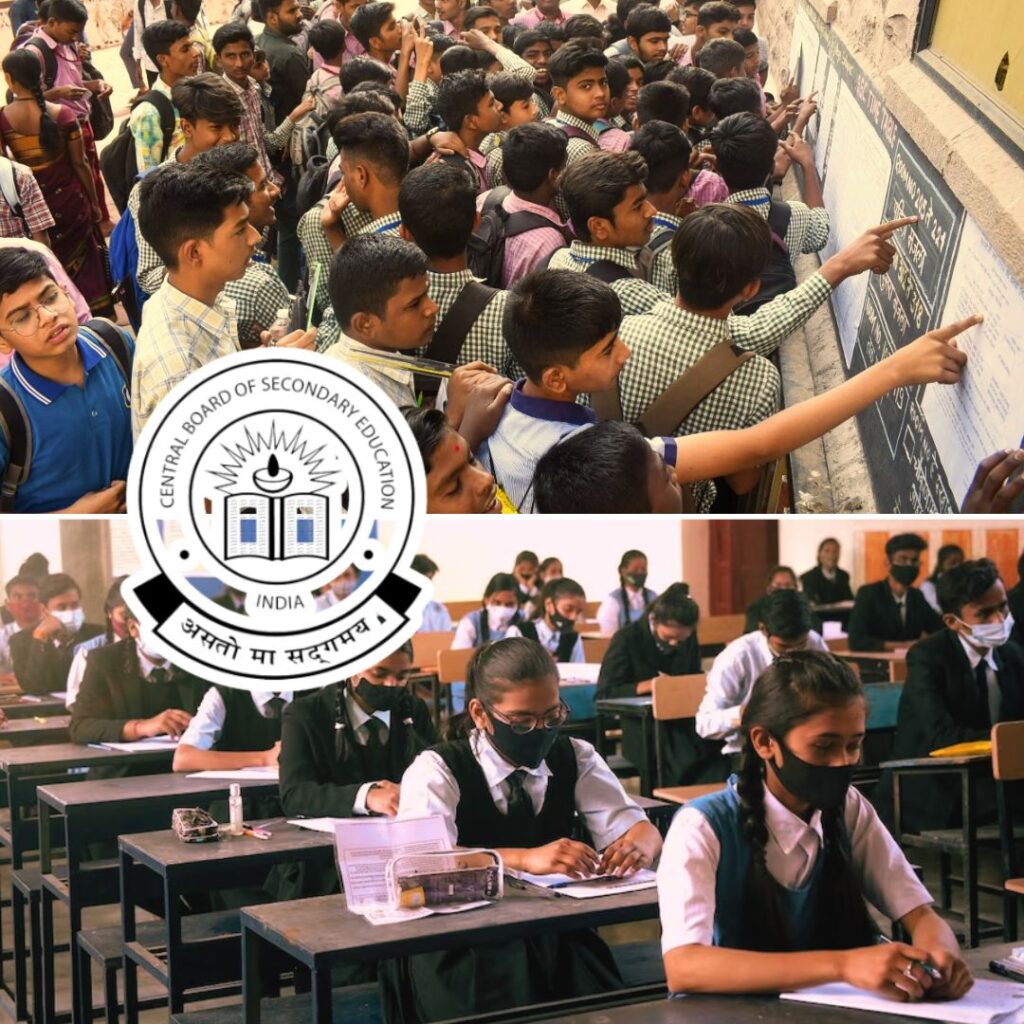The year 2023 began with the Kerala government adopting a landmark move of granting menstrual leave to female students studying in all state universities under the Higher Education Department. The move had set the motion for a much-needed understanding of menstruation and menstrual leaves for women.
Following this, Shailendra Mani Tripathi, a Delhi resident, sought direction from the Centre and all states for ensuring menstrual leaves under compliance with Maternity Benefit Act 1961. The Supreme Court’s ruling on her Public Interest Litigation (PIL) was much-awaited, and on February 24, the bench refused to entertain the PIL by observing that the issue falls under the policy domain of the government.
Tripathi’s PIL sought direction to all the states to frame rules for menstrual pain leave for female students and working women at their institutions. The bench headed by Chief Justice DY Chandrachud observed that the issue falls under the policy domain of the respective government department and disposed of the petition. “Having regard to the policy views, it would be appropriate if the petitioner approaches the Union Ministry of Women and Child Development,” added the bench comprising Justices PS Narasimha and JB Pardiwala.
Issue Largely Policy Related
During the brief hearing, the court also took note of the objections by a law student, who conveyed that if employers are compelled to grant menstrual leaves to employees every month, then it may disincentivise them from hiring them. The court was of the opinion that the plea had raised some important points, but it cannot entertain it as the issue was largely policy related.
Tripathi had sought direction for the menstrual leave under compliance with section 14 of the Maternity Benefit Act. The plea noted that several developed countries like the United Kingdom, China, Japan, Taiwan, Indonesia, South Korea, and Spain have been providing menstrual pain leave to women in one form or the other. In India, the 1961 Act makes provisions for almost all related problems faced by women and makes it mandatory for employers to grant paid leave to women employees for a set number of days during pregnancy, in the case of miscarriage, for tubectomy surgery, and also in cases of medical complications arising during stages of maternity.
Menstrual Leave Rules At Workplace
The rules had come in place with respect to the notion that only women are empowered to propagate the human race with their ability to procreate. It then became necessary to acknowledge the many physical and mental hardships they undergo during the different stages of maternity, including menstruation, pregnancy, miscarriage, or other related medical complications. These legal provisions were believed to be one of the progressive steps the Parliament took to recognise and respect the maternity period of working women.
According to an Indian Express report, the petitioner mentioned how in many organisations, including government establishments, these provisions are still not being implemented in their true spirit. Apart from the lag in implementing the rules, the petitioner also points out that one of the primary problems the law fails to address related to the maternity act is the leave rules for menstruators.
In spite of making numerous provisions for women in difficult stages of their maternity, the very first stage of motherhood – the menstrual period, has been “knowingly or unknowingly ignored by society, the legislature and other stakeholders in society,” alleged the petitioner. Tripathi’s plea further noted that Bihar is the only state in the country providing women two days of special menstrual pain leave since 1992. Aside from this, certain institutions such as Zomato, Byju’s, and Swiggy also offer paid period leaves. However, the need for special leave has been largely left unaddressed on a national level.
Also Read: Law Intern Writes To Chief Justice On Non-availability Of Menstrual Products Within Court Premises
https://thelogicalindian.com/h-upload/2023/02/25/500x300_230049-untitled-design-2.webp
Trending
2023-02-25 06:59:18.0
‘Period Pains Largely Ignored’: SC Refuses To Entertain Plea On Menstrual Leave











